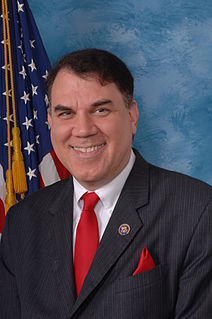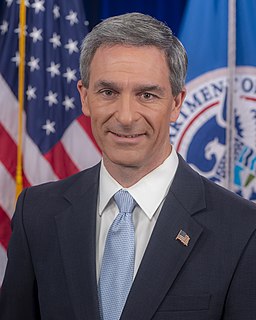A Quote by Alan Grayson
Many people, improperly, lump together libertarians and the Tea Parties. That's really wrong. Many of the libertarians are physicists, and many of the Tea Party people don't bathe. There's really not much in common there!
Related Quotes
The worst thing you can say about libertarians is that they are intellectually immature, frozen in the worldview many of them absorbed from reading Ayn Rand novels in high school. Like other ideologues, libertarians react to the world's failing to conform to their model by asking where the world went wrong.
John Stuart Mill believed that the only acceptable reason for government to limit a person's liberty was to prevent him from causing unacceptable harm to others. Mill was not a libertarian, but many libertarians are quick to cite this principle when arguing against a regulation that they oppose. And I believe most thoughtful libertarians are prepared to embrace something fairly close to Mill's harm principle. But accepting that principle implies accepting many of the institutions of the modern welfare state that libertarians have vigorously opposed in the past, such as safety regulation.
The Washington establishment does not like the Tea Party. Don't you love all these politicians that run around and campaign as outsiders, anti-establishment, 'I'm not part of that Washington culture.' Well, then join the Tea Party, 'cause that's who's really anti-establishment, that's who's really a bunch of outsiders is the Tea Party. But you don't see those politicians who want to be considered outsiders joining or embracing the Tea Party, do you?
The growth of the company and the license that Starbucks has is to participate in other food and beverage opportunities. We have a global business... and in many parts of the world, tea is much, much bigger than coffee, and we're going to bring tea and bring our capability and our understanding of what we've done for coffee to tea.
Since first hearing the story as a child, any mention of the 'Boston Tea Party' has elicited in me an excitement that is uniquely American. When I heard rumblings that there was a new Tea Party, I got goose bumps. I love tea, I love parties, I hate taxes; I'm in! It seemed that most of America joined in my excitement!
The tea party saved the Republican Party. In a broad sense, the tea party rescued it from being the fat, unhappy, querulous creature it had become, a party that didn't remember anymore why it existed, or what its historical purpose was. The tea party, with its energy and earnestness, restored the GOP to itself.

































